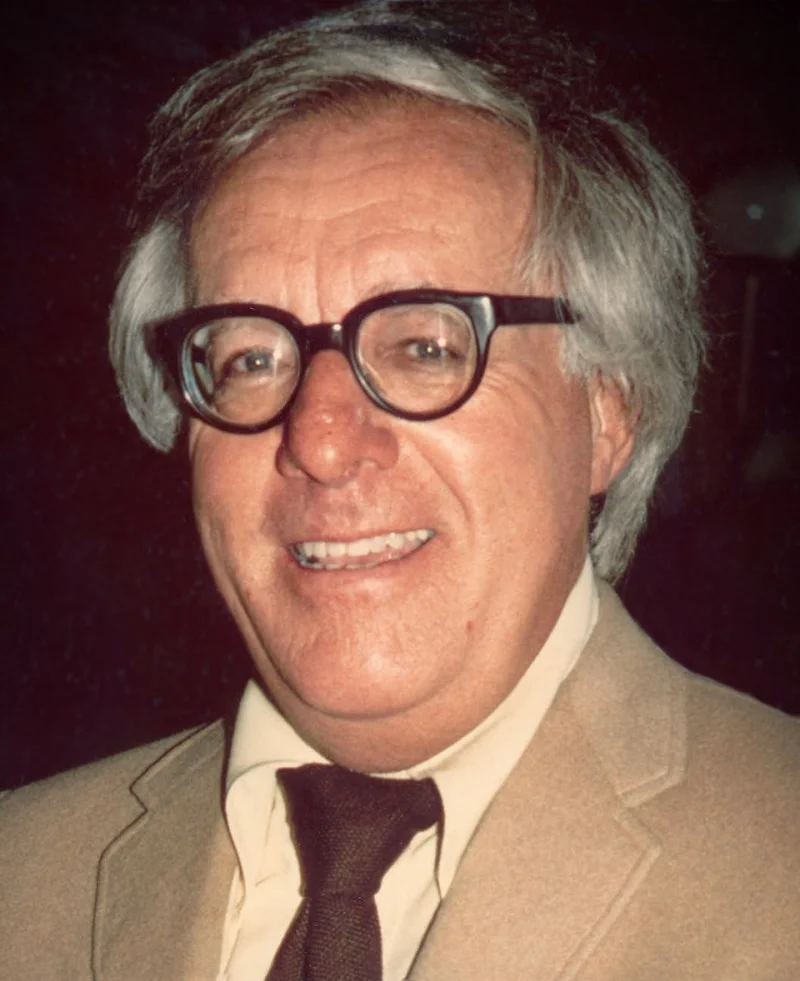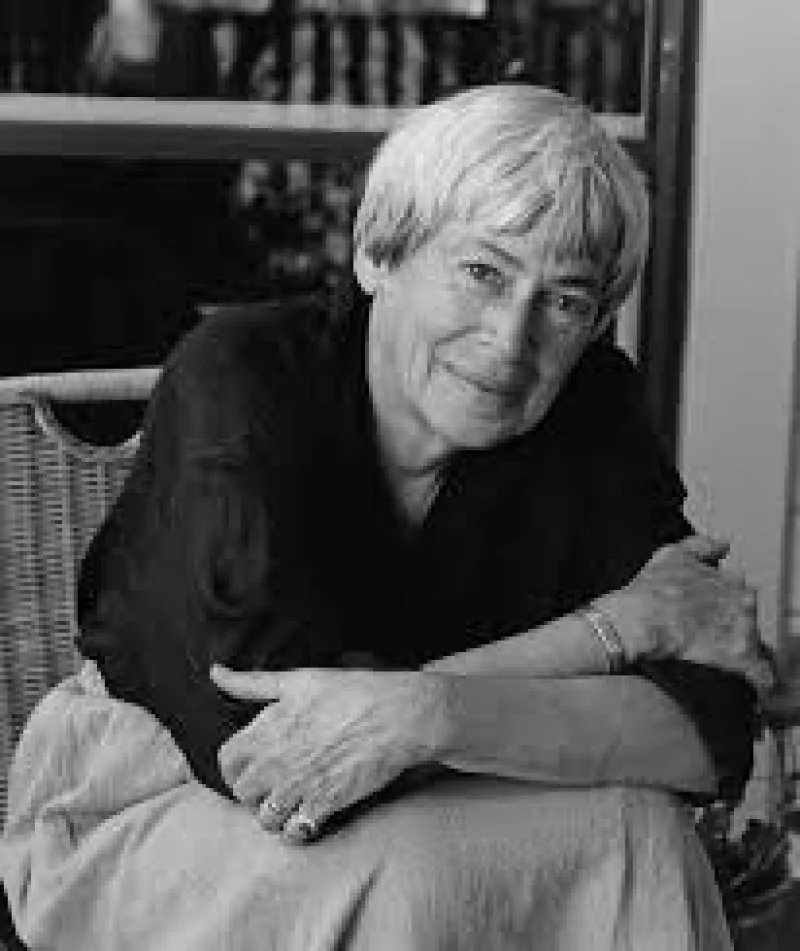Short Summary
Ray Bradbury was an American author celebrated for his imaginative and thought-provoking works in the science fiction and fantasy genres. His most famous work, "Fahrenheit 451," explores themes of censorship and the power of literature. Bradbury's stories often combined poetic prose with insightful social commentary, earning him a place among the most influential writers of the 20th century. His ability to weave complex narratives with a human touch has left a lasting imprint on literature and popular culture.
Early Life & Education
Ray Bradbury was born on August 22, 1920, in Waukegan, Illinois. He was the third child of Leonard Spaulding Bradbury and Esther Moberg Bradbury. His childhood was marked by a love of reading and storytelling, fueled by the works of Edgar Allan Poe and Jules Verne. The family moved to Los Angeles in 1934, where Bradbury attended Los Angeles High School. He did not pursue higher education but instead spent countless hours in libraries, nurturing his passion for writing. The vibrant city life and the burgeoning film industry of Los Angeles also greatly influenced his creative development.
Career Highlights
Bradbury's career began in the 1940s with the publication of short stories in magazines. His first major breakthrough came with the release of "The Martian Chronicles" in 1950, a collection of interconnected stories about the colonization of Mars. This work established him as a prominent voice in science fiction. In 1953, he published "Fahrenheit 451," a dystopian novel that became a cornerstone of his literary legacy. Throughout his career, Bradbury wrote numerous novels, short stories, and scripts for television and film, contributing significantly to the genres of fantasy and science fiction.
Major Achievements
- Published "Fahrenheit 451," a seminal work exploring themes of censorship and free thought.
- Authored "The Martian Chronicles," which gained critical acclaim for its exploration of human nature and colonization.
- Received numerous awards, including a Pulitzer Prize Special Citation in 2007 for his contributions to literature.
- Wrote over 600 short stories, influencing generations of writers and readers.
- Contributed to the screenplay for the 1956 film adaptation of "Moby Dick."
Famous Quotes
- "You don't have to burn books to destroy a culture. Just get people to stop reading them."
- "We are an impossibility in an impossible universe."
Interesting Facts
- Bradbury never obtained a driver's license, preferring to walk or use public transportation.
- He was a staunch advocate for public libraries, crediting them for his education and success.
- His work was adapted into various media, including film, television, and theater productions.
- Bradbury's writing style was often characterized by its lyrical and poetic quality.
- He wrote the original script for the Spaceship Earth ride at Disney's Epcot Center.
Legacy / Influence
Ray Bradbury's legacy endures through his innovative storytelling and exploration of complex themes. His work has inspired countless writers, filmmakers, and artists, shaping the science fiction and fantasy genres. Bradbury's emphasis on the power of imagination and the importance of literature in society continues to resonate, making him a timeless figure in American culture.
FAQ
Q: Why is Ray Bradbury famous?
A: He is famous for his influential works in science fiction and fantasy, particularly "Fahrenheit 451" and "The Martian Chronicles."
Q: What are some themes in Bradbury's works?
A: Common themes include censorship, the impact of technology, human nature, and the significance of imagination and literature.
Q: Did Ray Bradbury win any major awards?
A: Yes, he received numerous awards, including a Pulitzer Prize Special Citation in 2007.
Q: What was Bradbury's educational background?
A: He did not attend college but was largely self-educated through extensive reading and library visits.









